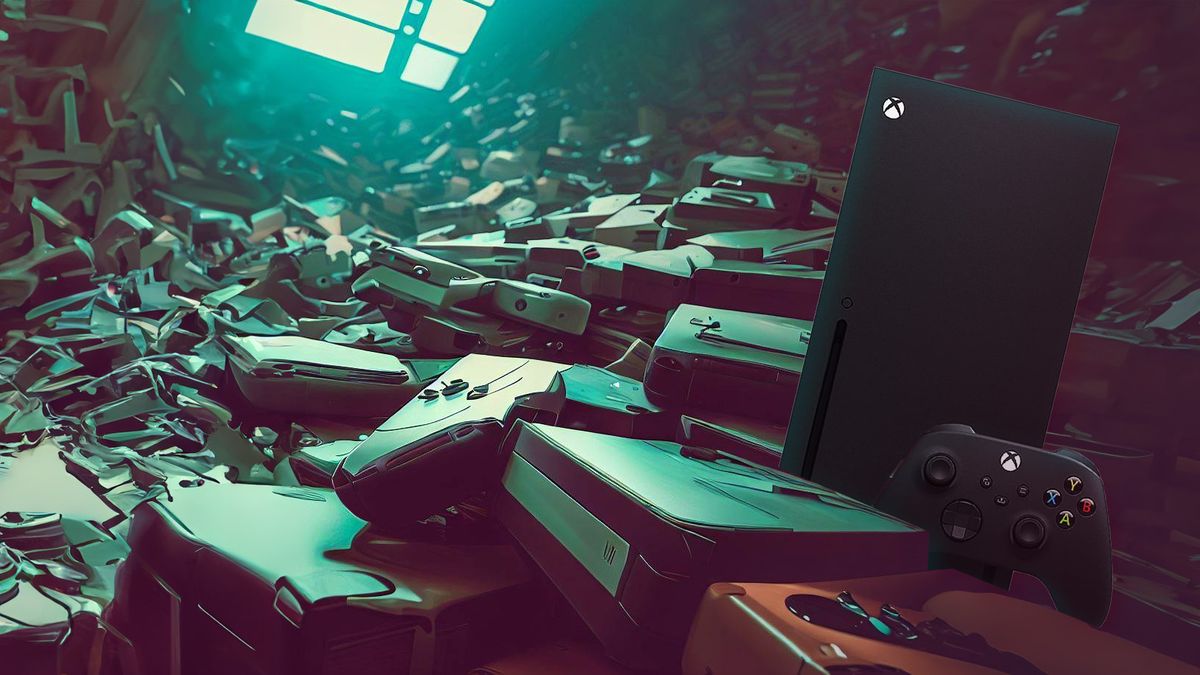I noted in the intro that Sony has a 2:1 advantage over the Xbox Series X|S, but it's actually a little worse than that.
I was quite bullish on the Xbox Series S strategy in the early days. On paper, it makes a lot of sense to have a more affordable SKU that can potentially target students, younger gamers, the gift market, and stuff like that. The Xbox Series S makes up a significant chunk of the Xbox Series X|S player base, although we don't know exactly by how much.
I thought it was a good strategy, but unfortunately, it seems to have come at the expense of the more powerful, direct-PS5 competitor Xbox Series X, which increasingly doesn't seem to have the install base developers and, perhaps Microsoft, need it to have. So, for third-party developers, not only is developing for the Xbox Series X|S lineup more expensive (having to test and maintain two separate versions), it also comes with poorer margins, since you're obviously going to sell far less on Xbox Series X|S. The "S" version will also showcase games at their worst, which is not something developers would want to do ideally, making it easier for PlayStation to land marketing deals.
Much ado was made about the power gap between the PS5 and the Xbox Series X at launch. On paper, the Xbox Series X is "more powerful" than the PS5, but we've yet to really see that manifest into actual results. Outside of Gears 5 and Forza, Microsoft hasn't really produced games that are truly visually impressive generally, with the spectacular license we've seen out of games like Horizon Forbidden West and Final Fantasy 16. Additionally, analysts like Digital Foundry repeatedly cite the Xbox Series X versions of games as having slightly worse performance than their PS5 counterparts.









